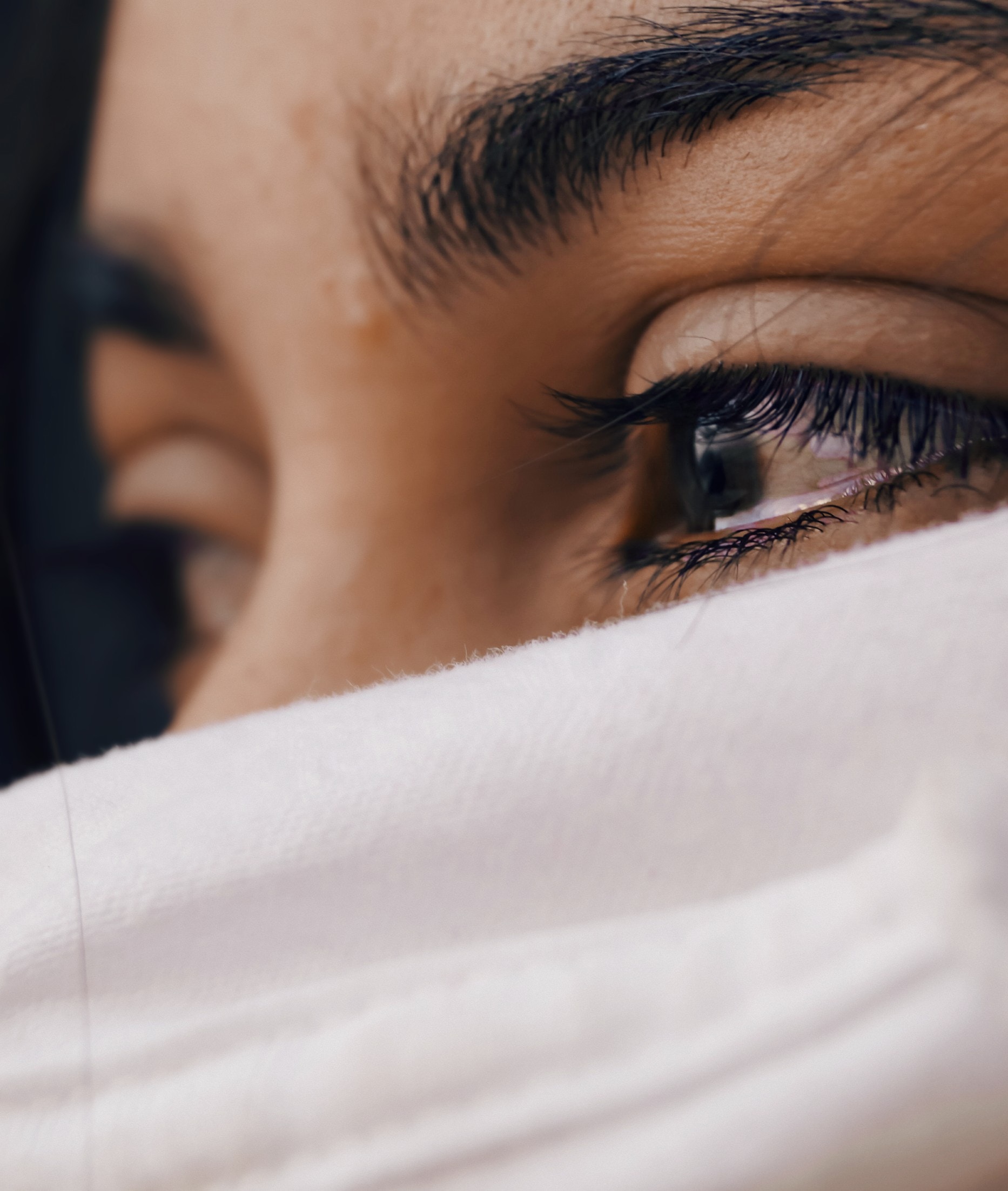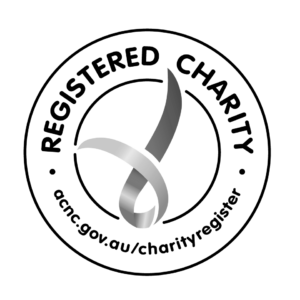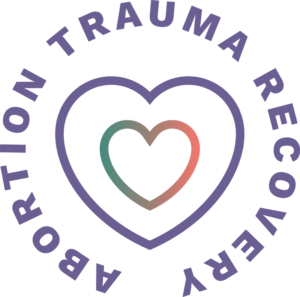Risk to mental health increased by 138% compared to women who delivered…
Coleman, P. K. (2011). Abortion and mental health: quantitative synthesis and analysis
of research published 1995–2009. The British Journal of Psychiatry, 199(3), 180-186.
Julie Cook had a 37-year involvement with Abortion Grief Australia (AGA), a non-religious charitable organization, providing a national crisis line and professional development specializing in early intervention and prevention of abortion grief and trauma.
It’s a topic no-one seems to want to talk about, but abortion trauma is rife in our community.
Julie Cook, AGA
That’s one of the reasons the former nurse became involved in helping people impacted by and professionals struggling with, post-abortion trauma. She began helping at a pregnancy crisis centre in Perth, where women would often talk about how their abortion had affected them.
“I started doing lots of research and was stunned – reputable studies were showing 20 per cent full blown post-traumatic stress disorder within five or six years of an abortion experience and half were having high stress reactions,” she said. “You could not have those figures without it showing in the community.”
Julie also heard from prominent health professionals, that the symptoms of postnatal depression were often the same as post abortion trauma, with the arrival of the baby triggering it.
One of the problems is that people who care for women with postnatal depression work alongside people who provide abortions, so it becomes very difficult to identify abortion trauma among postnatal depression; even if a woman identifies it as the cause, it’s dismissed.
Julie reflected on major research published in The British Journal of Psychiatry (2011) encompassing nearly 1 million women found 10 per cent of mental illness in women was attributed to abortion.
We now have a massive mental health problem that is not being addressed in a society that has little patience or sympathy for those suffering women in their plight.
Untreated, abortion trauma has a tendency to be trans-generational. Politically powerless and isolated these women have little hope of accessing the recognition, support or the professional help they desperately need.
Julie’s journey began when she was training to be a nurse in Adelaide in 1978 and “this beautiful young girl committed suicide” after having an abortion. No-one recognized the symptoms and intervened.
On moving to Perth, Julie heard of another woman who had given birth to a child after an abortion and tried to commit suicide but suffered permanent brain damage. “I thought, how come I’m the only one hearing this, why aren’t we talking about it, this is a dreadful outcome.”
Doctors often lament that it is professional suicide to talk about abortion trauma because medical literature is not supportive of the reality of its existence.
Julie said that the denial in medical circles has further impacted those suffering. “I’ve had people so traumatized by their counsellors not addressing their abortion grief that they couldn’t even pick up the phone to seek help anymore,” she said. “The trauma of the denial undermines their whole sense of self.”
With a fifth of callers to the helpline being male, AGA continues the press light on the issue of men and abortion trauma. Julie told of a 16-year-old boy who dropped out of school and was rescued from suiciding after his girlfriend had an abortion.
A South Australian man called the helpline and asked what happened in an abortion and when she asked if his wife had aborted, he broke down and told her that she had done so at 21 weeks after talking to their daughter and his best friend’s wife but not to him.
She said men were less likely to express their feelings than women but given the opportunity and permission to share and examine their own role in abortion but were often very honest and direct and could work through their grief.
With over 130 million women worldwide experiencing abortion trauma, the scope and scale of the resulting mental health pandemic is impossible to ignore.


